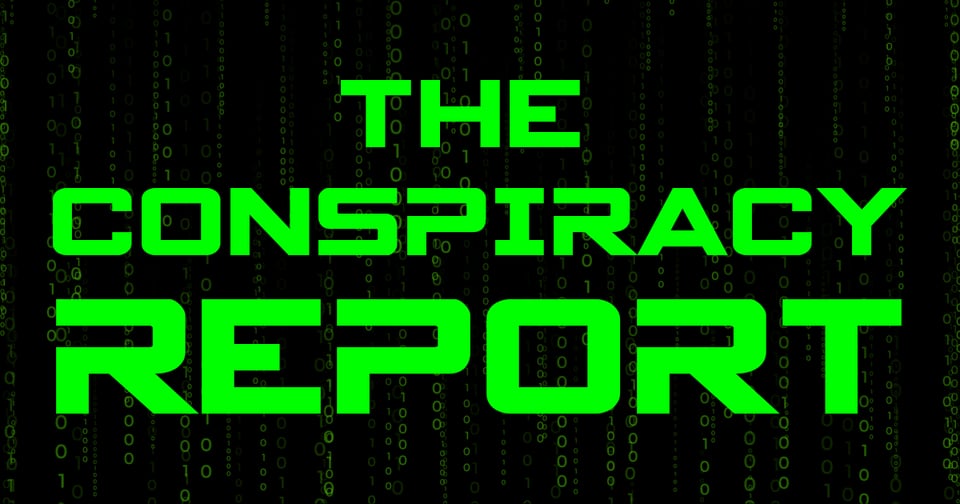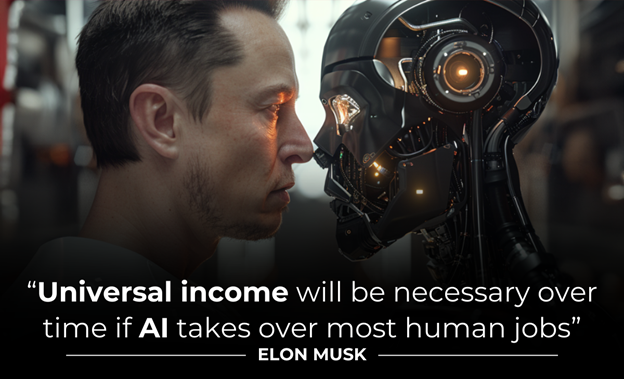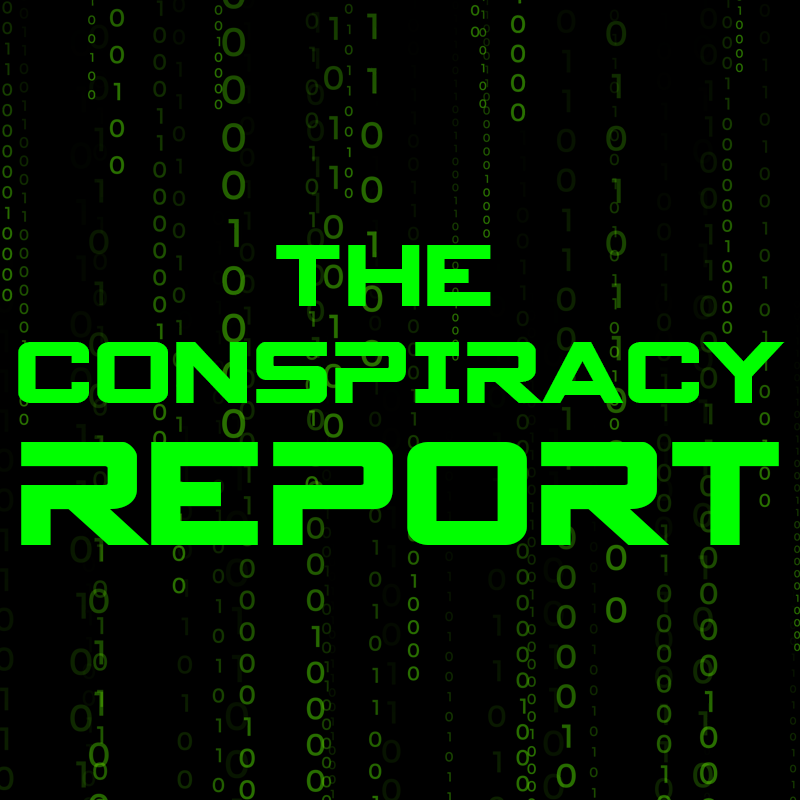
People are buying dirty diplomas knowingly, and using them to beef up a resume to scam an employer into hiring them. In a February 2023 article in The Watchdog it was reported ‘About 500,000 Americans currently hold fake degrees.’
By Egon E. Mosum
In the classic song, ‘It’s Only a Paper Moon,’ one of the most telling lines is ‘It’s a Barnum and Bailey World, Just as Phony as it Can be.’
That likely does not come as any great surprise to the reader, and sometimes phony isn’t a cause for concern, sometimes it is merely laughable.
However, there are times when phony can be downright dangerous.
We would like our speedometers and fuel gauges to be accurate. We would like the ingredients labels on our food to be complete. Our journey, our health may depend on it.
In the world of academic degrees, especially the important ones like J.D. and M.D. we are depending upon the (hopeful) fact that these are genuine, and not just fancy engraving on a worthless piece of paper.
Our lives, our freedom may depend on it.
For those who are religious, we would hope that the credentials of our chosen theologians were meaningful, as our ‘souls’ may depend upon it.
But, credentials aren’t always credible, and aren’t always deserving of credit, and for those seeking the imprimatur of an advanced degree without putting in the work, there are diploma mills.
Those scam educational institutions where a sheepskin may be had for a requisite number of shekels, are definitely participants and citizens of that ‘Barnum and Bailey World.’
Let’s take a look under the rock, and see what creatures wearing caps and gowns are crawling around…
Today’s Fastest Growing Company Might Surprise You

🚨 No, it's not the publicly traded tech giant you might expect… Meet $MODE, the disruptor turning phones into potential income generators. Investors are buzzing about the company's pre-IPO offering.*
📲 Mode saw 32,481% revenue growth from 2019 to 2022, ranking them the #1 overall software company on Deloitte’s recent fastest-growing companies list by aiming to pioneer "Privatized Universal Basic Income" powered by technology — not government. Their flagship product, EarnPhone, has already helped consumers earn & save $325M+.
🫴 Mode’s Pre-IPO offering is live and 50,000+ shareholders have already invested. Their last 2 raises were oversubscribed at $0.30/share and only limited space is left in the current round.
They’ve just been granted the stock ticker $MODE by the Nasdaq, and you can still invest in their pre-IPO offering before the window closes.
⏳$52M+ already raised — invest before the opportunity closes.
Degree mills aren’t exactly new. One can call them a tradition, of sorts. ‘The first documented reference to degree mills was in 1876.’
So, we are told to determine if the degree granting ‘institution’ is accredited. Therein lies another problem, for ‘it is common for the degree mills to advertise they are accredited, but many of these so called accreditors are actually creations of the degree mills themselves.’[1]
While a legitimate degree, (even in this day and age) can mean more income for the possessor, the granting of phony degrees is more than profitable. There are older (early 2000s) ‘estimates that half a billion dollars a year are paid to degree mills.’[2]
People are buying dirty diplomas knowingly, and using them to beef up a resume to scam an employer into hiring them. In a February 2023 article in The Watchdog, (from Bellevue College), it was reported ‘Some estimates suggest that up to 30% of job applicants have falsified their educational credentials, and the problem is particularly acute in certain industries, such as healthcare and education.’
The article further stated ‘About 500,000 Americans currently hold fake degrees.’[3]
Take a look at those two statements together. Healthcare and education are the areas where fake degrees are ‘particularly acute.’ There are half of a million fake diplomas in America, according to the 2023 estimates.
Healthcare can often be a life or death field, and if the provider is providing a credential that is not ‘healthy’ we could die from the advice and treatment offered. The field of education which grants supposedly real degrees may be infested with teachers that are bearers of fake degrees.
To say that this gives one pause would be an understatement. But it isn’t just people possessing phony degrees.
While many of us are pet lovers, perhaps we would draw the line when a cat is awarded a Master’s Degree in Business Administration for $299.00, as had been granted by a Texas diploma mill.[4]
But it’s no laughing matter. ‘Unqualified doctors have fatally misdiagnosed patients, unqualified forensic specialists and psychologists have wrongly sent people to jail after being called upon as expert witnesses, and companies have lost million dollar lawsuits after their staff’s qualifications turned out to be fake.’[5]
It is assumed that those lawsuits were conducted by lawyers with legitimate degrees.
In a 2017 report from CBS, it was stated ‘A recent search of LinkedIn found 745 people, including public-safety workers, lawyers, engineers, educators and federal government employees, holding degrees from Corllins.’
Now, if you aren’t familiar with that institution of higher learning; fear not for the United States Department of Education never heard of it either.[6]
Look at that statement again, we aren’t talking English Lit or Byzantine History degrees, which even if they are legitimate, aren’t really important in the scheme of things, (sorry), but we are talking about public safety workers, lawyers, engineers and federal government employees. That can be downright disastrous for our health, safety and welfare.
That same report referenced a 2006 paper from Hofstra University (fun fact: the alma mater law school of your author under his real name), that estimated that the ‘National Council for Accreditation of Teacher Education that one of six education doctorates are fraudulent.’
That is a frightening report card, especially when one realizes that higher education often costs six figures.
WHY YOU SHOULD CARE
Think about the people we depend upon in daily life.
We hire a home improvement contractor and we want him to be licensed and insured, if our state requires it. We take our car to a mechanic, and we want to know he has a legitimate repair license from the Department of Motor Vehicles.
We go to a restaurant, and we want someone there to have the required food handler permit from the local health department.
Because these types of certifications are government issued, there is less of a chance that the certificates are fugazy.
Now, let’s look at our teachers, our doctors, our engineers and lawyers; people who we depend upon in fields wherein mistakes can be costly — or deadly.
Yet these are the fields that are most likely to be populated with those bearing phony degrees, who have not undergone the requisite studies, but merely paid a fee, and perhaps submitted a ‘life experience’ portfolio for credit.
The obvious solution is for license granting agencies and employers to actually take the time and verify that the degree holders have legitimate degrees from legitimately accredited institutions.
We as everyday citizens are not in a position to determine the bona fides of a degree, we depend on our governments — federal, state and local — to confirm legitimacy before they confer authority.
They must do their job, and make sure that those bearing professional degrees can actually perform theirs.
[1] DEGREE MILLS, AN OLD PROBLEM AND A NEW THREAT Council for Higher Education Accreditation https://www.chea.org/degree-mills-old-problem-new-threat
[2] IBID.
[3] Degrees of Deception: The Dangerous Trend of Falsifying Educational Credentials Asipov, 2/18/23 The Watchdog https://thewatchdogonline.com/opinion-degrees-of-deception-the-dangerous-trend-of-falsifying-educational-credentials-34794
[4] WHAT CAN BE DONE IN THE FIGHT AGAINST FAKE DEGREES 11/10/22 CV CHECK WEBSITE https://cvcheck.com/articles/what-can-be-done-in-the-fight-against-fake-degrees/
[5] FAKE DEGREES CAUSE REAL DANGERS Palmer, 5/24/15 Global Times https://www.globaltimes.cn/content/923303.shtml
[6] YOUR MD MAY HAVE A PHONY DEGREE Gibson 5/9/17 CBS NEWS https://www.cbsnews.com/news/your-md-may-have-a-phony-degree/
*Mode Mobile recently received their ticker reservation with Nasdaq ($MODE), indicating an intent to IPO in the next 24 months. An intent to IPO is no guarantee that an actual IPO will occur.
The Deloitte rankings are based on submitted applications and public company database research, with winners selected based on their fiscal-year revenue growth percentage over a three-year period.
In making an investment decision, investors must rely on their own examination of the issuer and the terms of the offering, including the merits and risks involved. Mode Mobile has filed a Form C with the Securities and Exchange Commission in connection with its offering, a copy of which may be obtained here: https://www.sec.gov/Archives/edgar/data/1748441/000164117225025402/ex99.pdf
